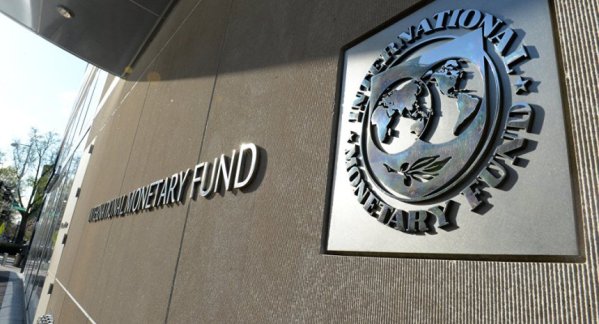By Daniel Adaji
Nigeria still owes the International Monetary Fund (IMF) approximately $2.8bn, despite having fully repaid the principal on previous loans. This is according to the IMF’s latest financial position update as of 30 April 2025.
Although the principal component of the $3.4bn loan has been cleared, Nigeria remains liable for interest and related charges. These obligations, spread over the next five years, continue to weigh on the country’s external financial position.
The IMF data shows Nigeria’s outstanding credit at 2.165bn Special Drawing Rights (SDRs), equivalent to about $2.8bn based on current exchange rates. These are classified as “outstanding purchases and loans,” reflecting past disbursements under various IMF financing arrangements.
Nigeria’s total quota at the IMF—the financial contribution that determines its access to IMF resources—is 2.45bn SDRs. With current borrowings at nearly 88 per cent of this quota, the figures underscore Nigeria’s significant reliance on IMF support during recent economic strains.
Furthermore, Nigeria’s SDR holdings have dropped to 287.25m, a sharp contrast to its total allocation of 3.37bn SDRs. This decline suggests the country has already drawn heavily on its reserve assets, likely to fund budget deficits and meet external obligations.
The outstanding balance is largely made up of three recurring IMF charges: Net SDR Charges (interest on IMF credit denominated in SDRs), GRA Basic Charges (standard interest and fees from the General Resources Account), and SDR Assessments (annual participation fees). These charges accumulate annually, extending Nigeria’s financial obligations even in the absence of new borrowing.
Despite the ongoing charges, the full repayment of the $3.4bn principal loan represents a significant milestone. It signals progress in Nigeria’s efforts to meet international debt obligations and rebuild investor confidence.
However, experts warn that failure to actively manage accumulating charges can quietly sustain debt levels. The IMF obligations, though not overdue, remain a substantial burden.
In 2024, Nigeria’s total external debt servicing climbed to $4.66bn, up from $3.5bn in 2023. Of that amount, $1.63bn—35 per cent of the total—went to the IMF. Notably, these IMF payments consisted entirely of principal repayments, with no recorded interest or charges for that year. Multilateral creditors as a whole accounted for 56 per cent of the total debt service.
Within that period, Nigeria’s debt to the IMF dropped significantly from $2.47bn in 2023 to $800.23m in 2024—a 67.6 per cent reduction, or $1.67bn. This drop was largely driven by repayments under the emergency and budget-support facility accessed during the pandemic-era fiscal crisis.



